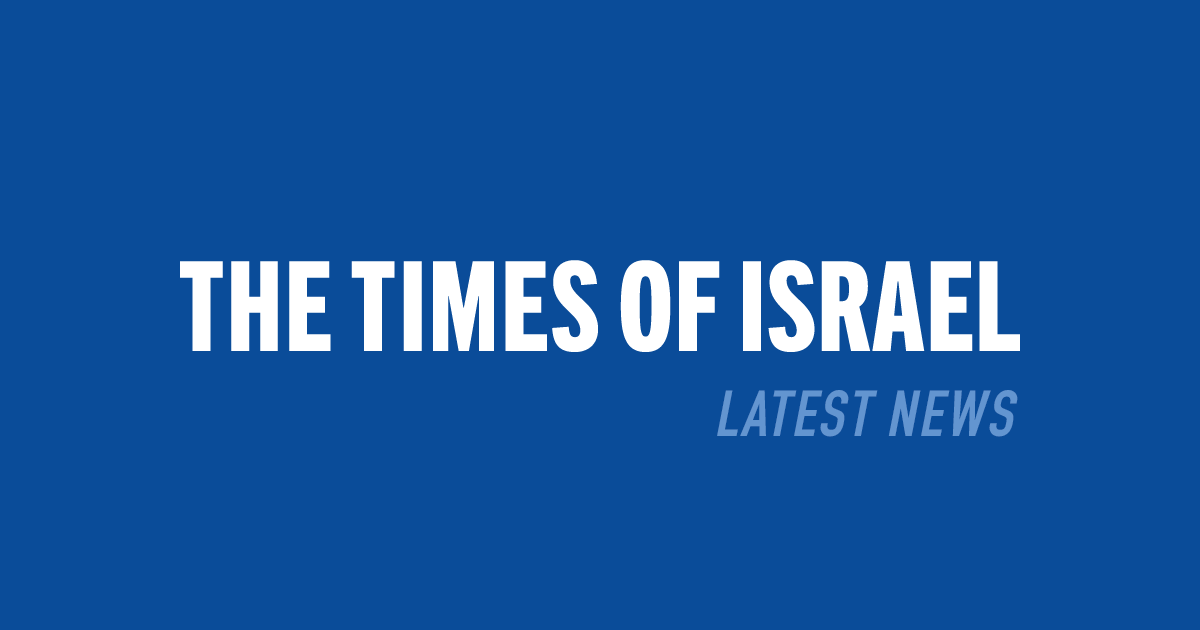- Joined
- Sep 11, 2023
- Runs
- 23,623
The conflict between Israel and Hezbollah began in 1982 when Israel invaded Lebanon, leading to the formation of Hezbollah, a Shia Muslim group that sought to resist the invasion. Over the years, the situation has escalated, with both sides attacking and retaliating against each other.
In 1993, Israel launched the Seven-Day War, which resulted in a lot of civilian casualties and damage to infrastructure. And in 2006, the July War saw even more destruction and loss of life.
On 8 October 2023, Hezbollah began firing guided rockets and artillery shells at Israeli positions, stating it was in solidarity with Palestinians after Israel's aggression towards Gaza. Israel responded by launching drone strikes and artillery shells at Hezbollah positions near the Lebanon-Israel boundary.
What role do you think international intervention should play in this conflict?
In 1993, Israel launched the Seven-Day War, which resulted in a lot of civilian casualties and damage to infrastructure. And in 2006, the July War saw even more destruction and loss of life.
On 8 October 2023, Hezbollah began firing guided rockets and artillery shells at Israeli positions, stating it was in solidarity with Palestinians after Israel's aggression towards Gaza. Israel responded by launching drone strikes and artillery shells at Hezbollah positions near the Lebanon-Israel boundary.
What role do you think international intervention should play in this conflict?
Last edited:

















